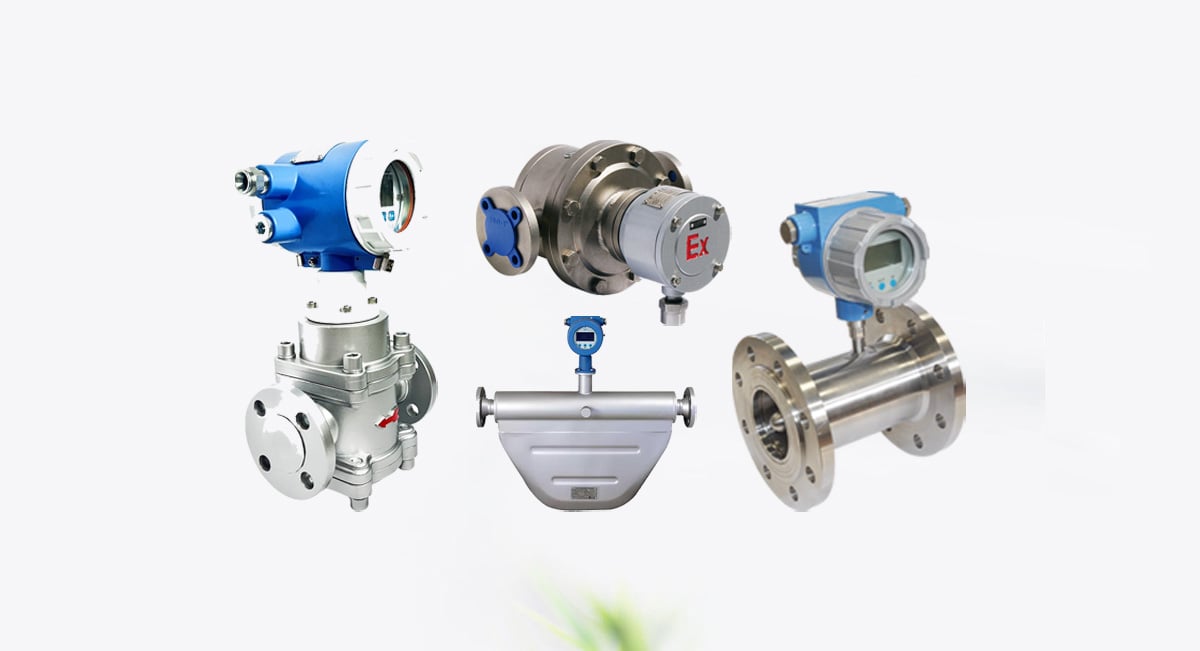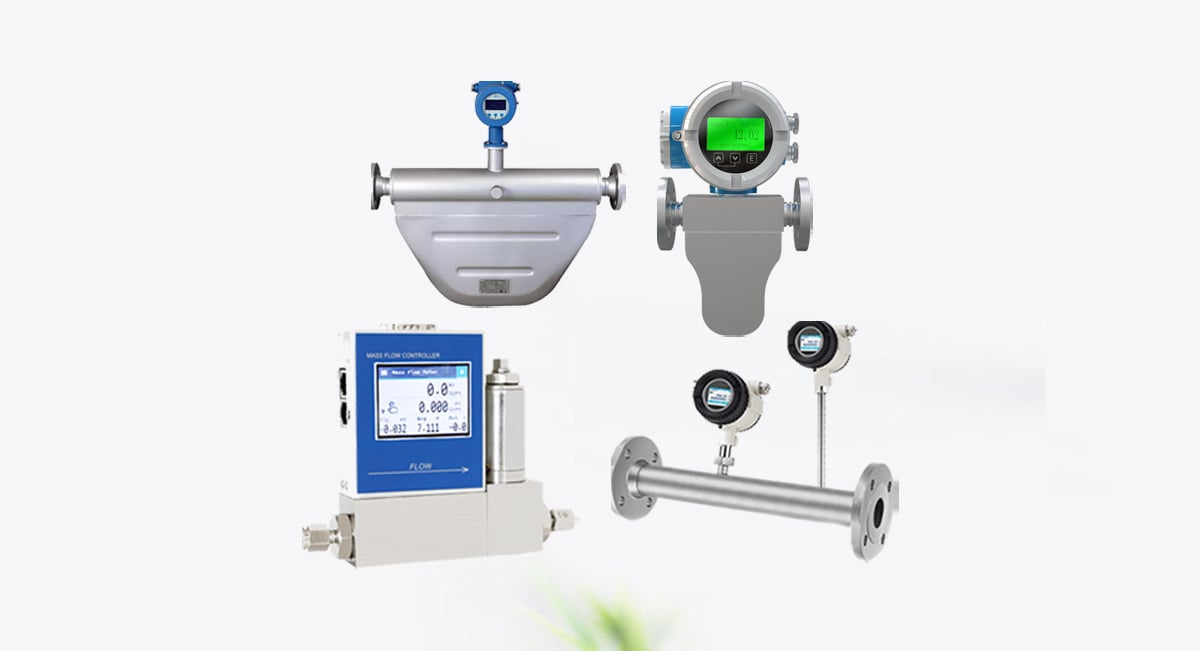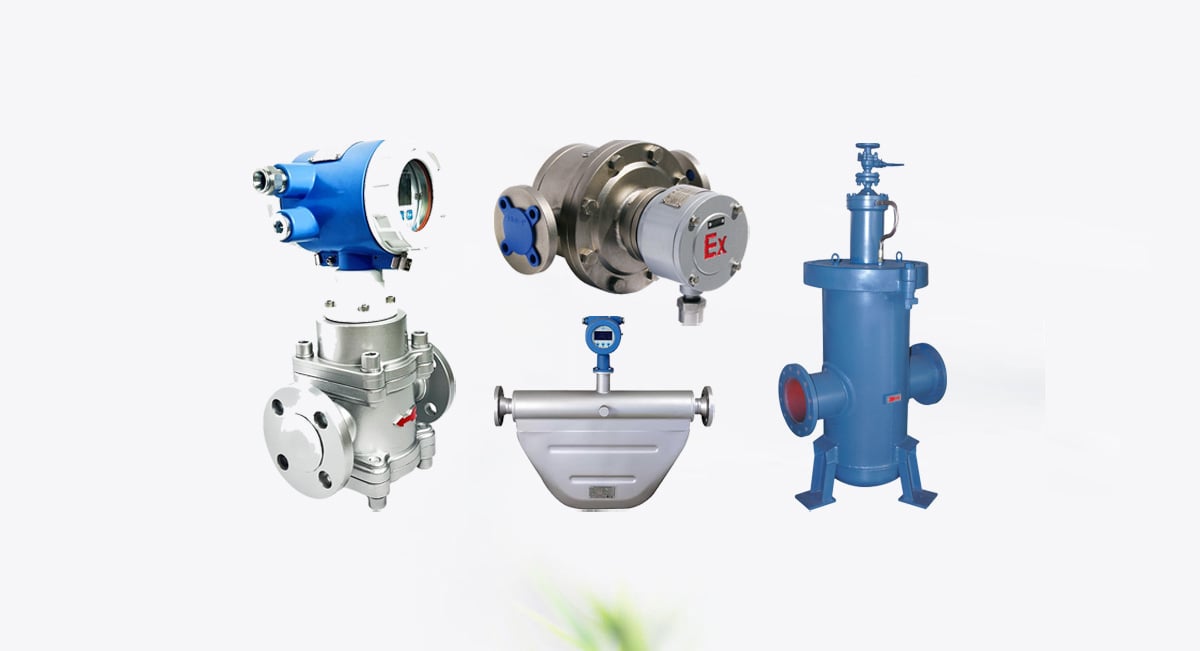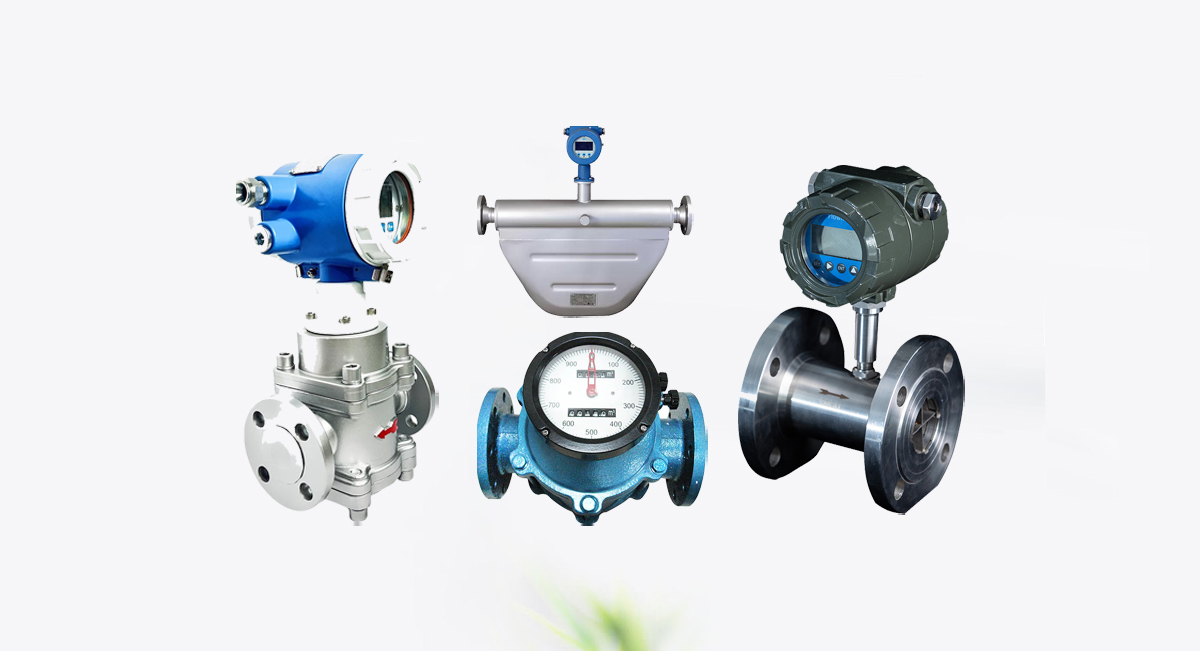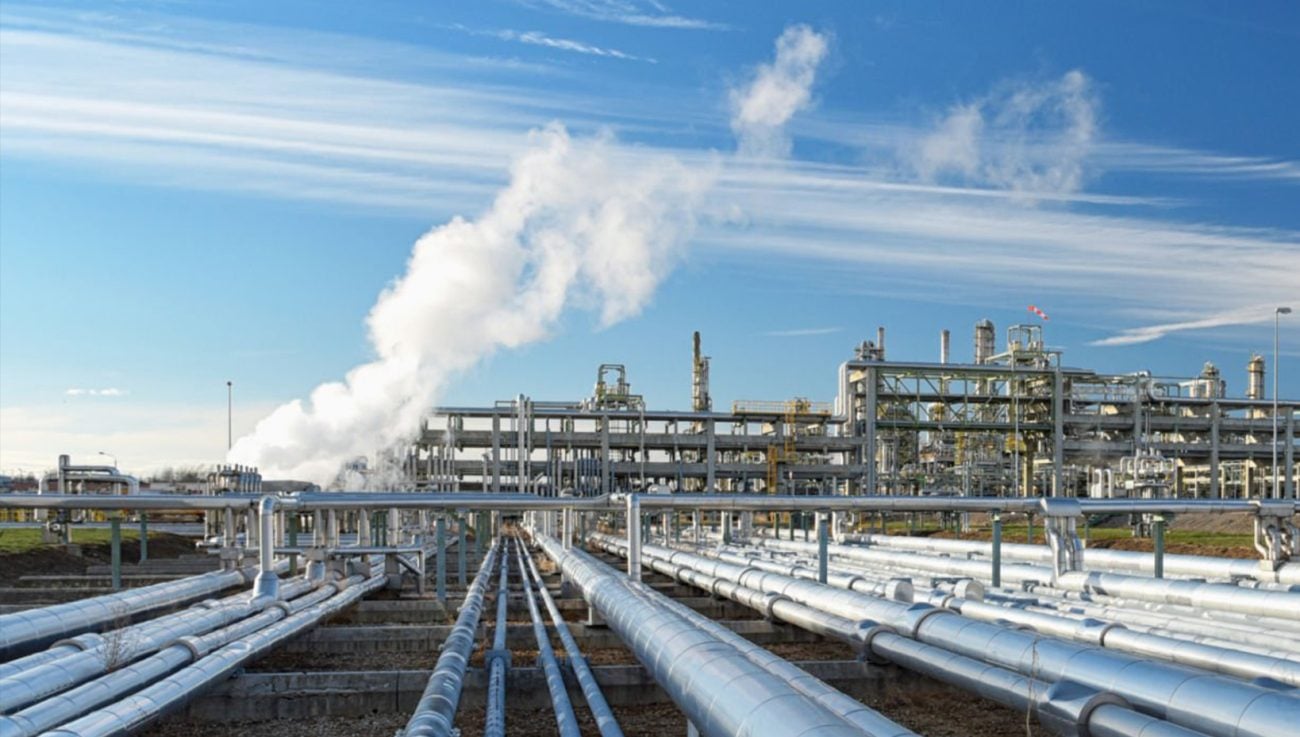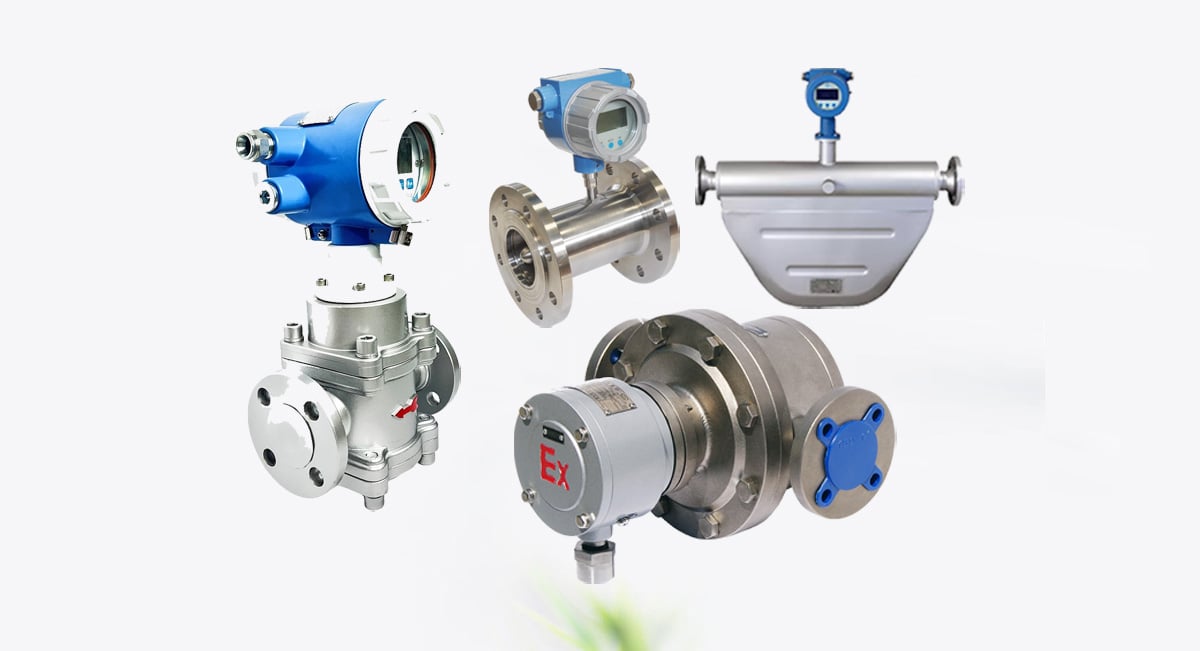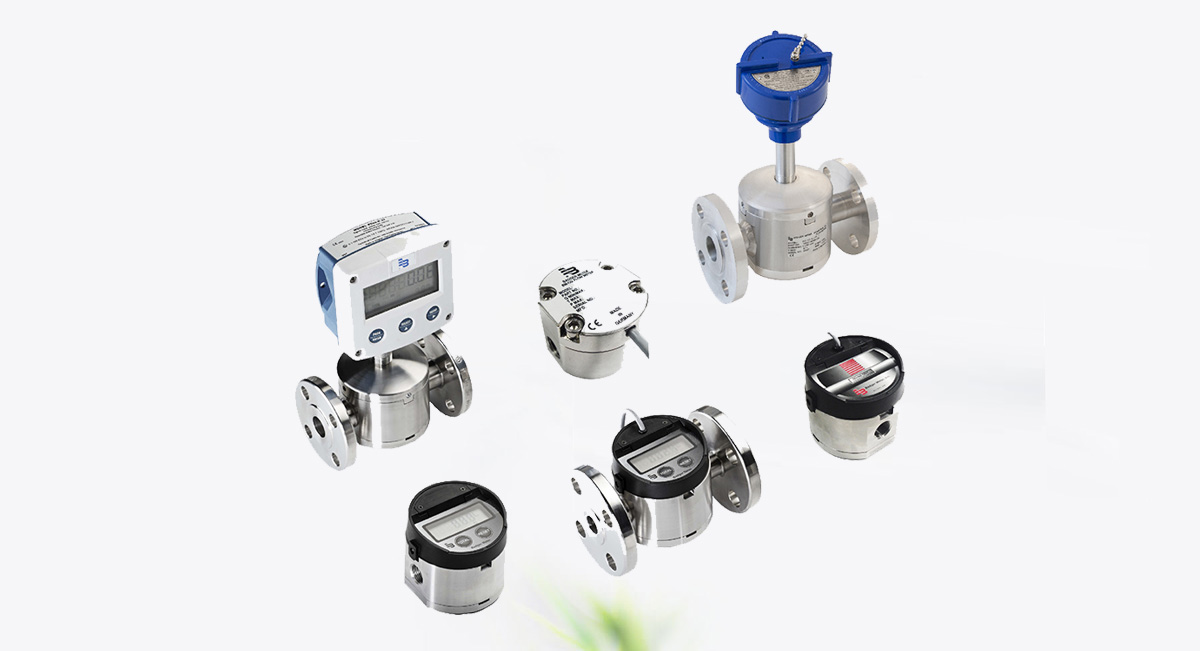What Is Fuel?
Fuel is any material that can store potential energy and release it through combustion or another chemical reaction to produce power. It is the essential energy source for engines, power plants, industrial furnaces, and heating systems. Fuels exist in various forms liquid, gaseous, and solid, and each type has different chemical properties, viscosity, and energy density, which influence how it is stored, transported, and measured.
Accurate fuel measurement is crucial because even a small error can lead to significant financial losses, process inefficiencies, or equipment malfunctions. That’s where débitmètres de carburant entrent en jeu.
Table des matières
Types of Fuel
Liquid Fuels
Common liquid fuels include diesel, gasoline, kerosene, jet fuel, biodiesel, and heavy oil.
- Diesel: High viscosity, commonly used in industrial engines and generators. Measurement challenges include temperature-dependent density changes and potential air bubbles.
- Essence: Low viscosity and volatile, requiring precise sealing and vapor management in flow measurement.
- Kerosene and Jet Fuel: Require high accuracy and cleanliness; contamination can affect performance.
- Biodiesel: More viscous and may contain impurities that affect flow meter stability and calibration.
- Heavy Fuel Oil (HFO): Very viscous and often needs to be heated before measurement. This can complicate installation and calibration.
Gaseous Fuels
Typical gaseous fuels include natural gas, propane, butane, and hydrogen.
- Gaz naturel: Compressible, and its density changes significantly with temperature and pressure.
- Propane and Butane: Stored under pressure as liquids and converted to gas for combustion, requiring accurate flow control during phase change.
- Hydrogen: Extremely low molecular weight and high diffusivity, which makes measurement sensitive and requires specialized equipment.
Each fuel type poses unique challenges in measurement. Factors like viscosity, temperature, compressibility, and impurities all influence flow meter selection. Therefore, understanding fuel characteristics is the first step in choosing the right débitmètre de carburant.
What Is a Fuel Flow Meter?
A débitmètre de carburant is an instrument designed to measure the rate and total quantity of fuel flowing through a pipe or system. Depending on the measurement principle, it can measure débit massique (the actual amount of fuel) or débit volumétrique (the volume the fuel occupies).
Fuel flow meters are widely used in:
- Automotive and marine engine testing
- Power generation systems
- Industrial furnaces and burners
- Fuel distribution and transfer systems
- Aerospace and laboratory testing setups
The primary goal of a fuel flow meter is to provide accurate, repeatable measurements regardless of changes in temperature, pressure, or fuel type.
Best Recommended Fuel Flow Meters
Débitmètres à déplacement positif (DP)
Principe de fonctionnement : PD meters directly measure the fuel volume by trapping fixed quantities between internal moving parts.
Avantages :
- Très grande précision (±0,1-0,5%)
- Ideal for measuring viscous liquids such as diesel, lubricants, and heavy oils
- Unaffected by changes in flow profile or viscosity Limites :
- Not suitable for dirty fluids with large particles
- Requires regular maintenance due to mechanical wear
Meilleur pour : Diesel, heavy oil, and lubricating oil applications.
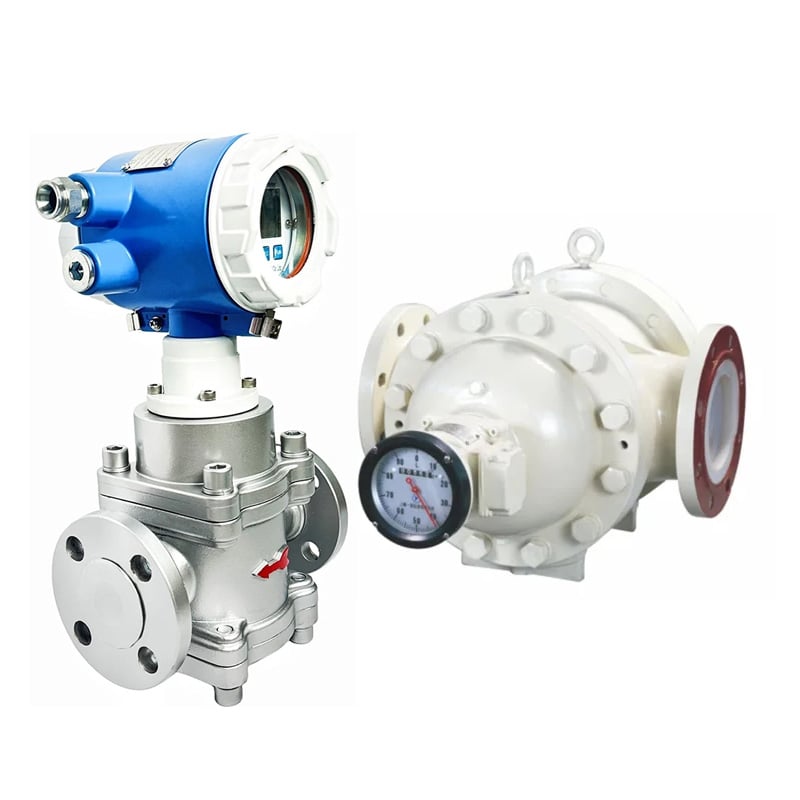
Débitmètre à déplacement positif bi-rotor (MT-ABR)
- Haute précision jusqu'à ±0,1 %, haute pression de processus jusqu'à 110 bar (1595 psi)
- Durée de vie extrêmement longue, entretien réduit et économique
- Stabilité dans la course à voix basse
- Bonne performance anti-interférence et longue durée de vie
- Forte applicabilité aux changements de viscosité

Débitmètre à engrenages à faible débit et à déplacement positif MT-GF
- Conçu pour les liquides à faible débit à partir de 0,6 L/H
- Conçue pour la mesure de fluides à haute viscosité, elle permet de traiter des fluides difficiles tels que le sirop, l'asphalte fondu et le miel avec une précision fiable.
- Mesures de haute précision jusqu'à ±0,5%
- 150:1 wide turndown ratio
Débitmètres à effet Coriolis
Principe de fonctionnement : Measures mass flow directly by detecting the Coriolis force generated as fuel flows through vibrating tubes.
Avantages :
- Measures true mass flow independent of temperature or pressure
- High accuracy (±0.1–0.2%)
- Can measure density and temperature simultaneously Limites :
- Coût initial plus élevé
- Sensitive to vibration in large pipelines
Meilleur pour : Precision fuel dosing, engine testing, and high-value applications involving various liquid or gaseous fuels.
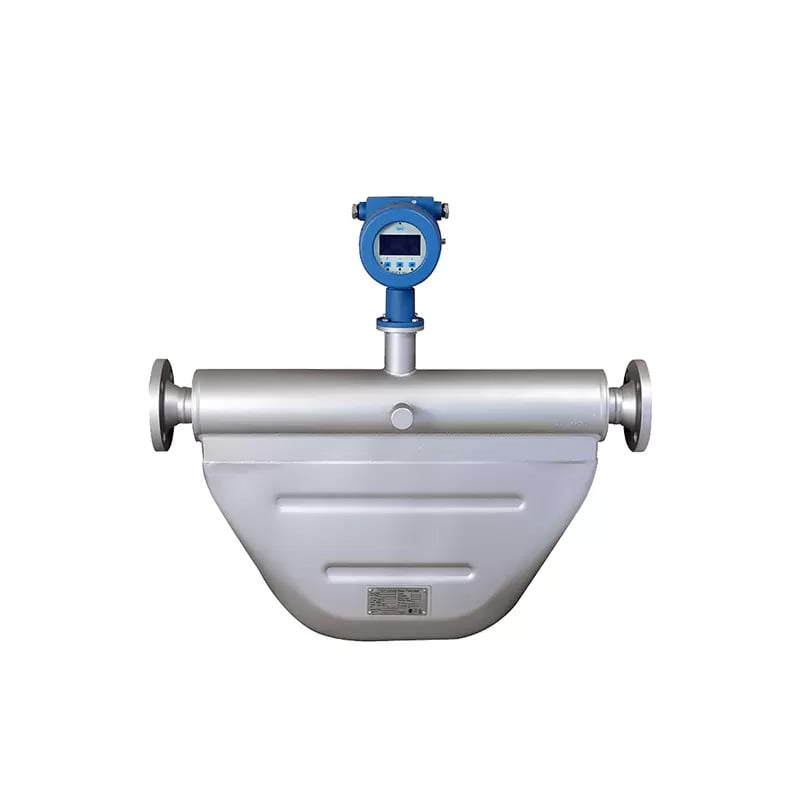
Débitmètre massique Coriolis forme W (MTD-ACMW)
- Haute précision jusqu'à ±0,1 %, Bonne fiabilité
- Bonnes performances en matière de stabilité zéro et d'anti-interférence
- Pas de pièces mobiles, pas d'entretien nécessaire

Débitmètre massique Coriolis / Contrôleur MTL20FE
- Conçu pour la mesure de gaz/liquides à faible débit.
- Haute précision, bonne répétabilité. Pour les liquides, la précision de mesure peut atteindre ± 0,25% ; pour les gaz, la précision de mesure peut atteindre ± 0,5%.
- Rapport de réduction : 50:1 pour le régulateur de débit massique numérique ; 100:1 pour le débitmètre massique numérique.
- Temps de réponse : régulateur de débit massique<0,2s ; débitmètre massique <0,1s
- Contrôleur PID intégré pour réguler le débit.
Débitmètres massiques thermiques
Principe de fonctionnement : Measures gas mass flow based on the heat dissipation rate as fuel gas passes over a heated sensor.
Avantages :
- Ideal for measuring low-flow or clean gas fuels
- Provides direct mass flow measurement without pressure or temperature compensation Limites :
- Not suitable for liquids
- Performance can be affected by humidity or particles in the gas
Meilleur pour : Natural gas, propane, and hydrogen flow measurement.

Débitmètre massique thermique antidéflagrant (MT212x-Ex)
- Classe antidéflagrante : Ex db IIC T6 Gb / Ex tb IIIC T80°CDb.
- Convient aux tuyaux de diamètre DN20 à DN1000.
- Rapport de réduction ultra large de 1:2500, la plage de mesure s'étend de 0,1 Nm/s à 250 Nm/s.
- Traitement entièrement numérique du signal, plus grande précision, stabilité à long terme.
- La structure électrique entièrement isolée peut filtrer complètement les perturbations du champ.

Débitmètre massique à gaz thermique / Contrôleur (MTL20FD)
- Conçu pour la mesure de gaz à faible débit.
- Rapport de réduction : 50:1 pour le régulateur de débit massique numérique ; 100:1 pour le débitmètre massique numérique.
- Temps de réponse : régulateur de débit massique<0,2s ; débitmètre massique <0,1s
- Contrôleur PID intégré pour réguler le débit
Débitmètres à turbine
Principe de fonctionnement : Uses the rotation speed of a turbine blade to determine the volumetric flow rate.
Avantages :
- Good accuracy at medium to high flow rates
- Compact and cost-effective Limites :
- Sensitive to viscosity changes
- Requires stable, clean fuel
Meilleur pour : Gasoline, kerosene, or aviation fuel under clean conditions.
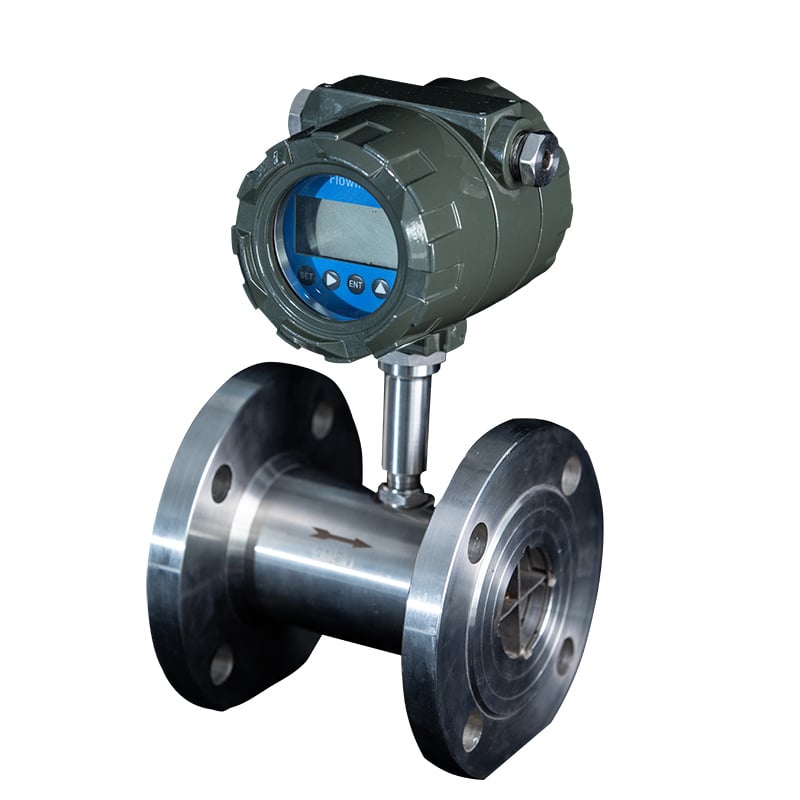
Débitmètre à turbine à liquide de haute précision (LWGYMT-AJWL)
- Haute précision jusqu'à ±0,2 %, avec une bonne répétabilité.
- Rapport de réduction de 1:20.
- Structure peu encombrante avec un diamètre minimum de DN0,5.
- Les couleurs et l'aspect peuvent être personnalisés sur demande
Débitmètres à ultrasons
Principe de fonctionnement : Measures flow velocity using the time difference between transmitted and received ultrasonic pulses.
Avantages :
- No moving parts, minimal maintenance
- Suitable for both liquid and gas fuels
- Can be installed non-intrusively (clamp-on type) Limites :
- Accuracy depends on installation and pipe conditions
- Not ideal for very viscous or aerated fuels
Meilleur pour : Clean liquid fuels, pipeline monitoring, and large-diameter flow measurement.
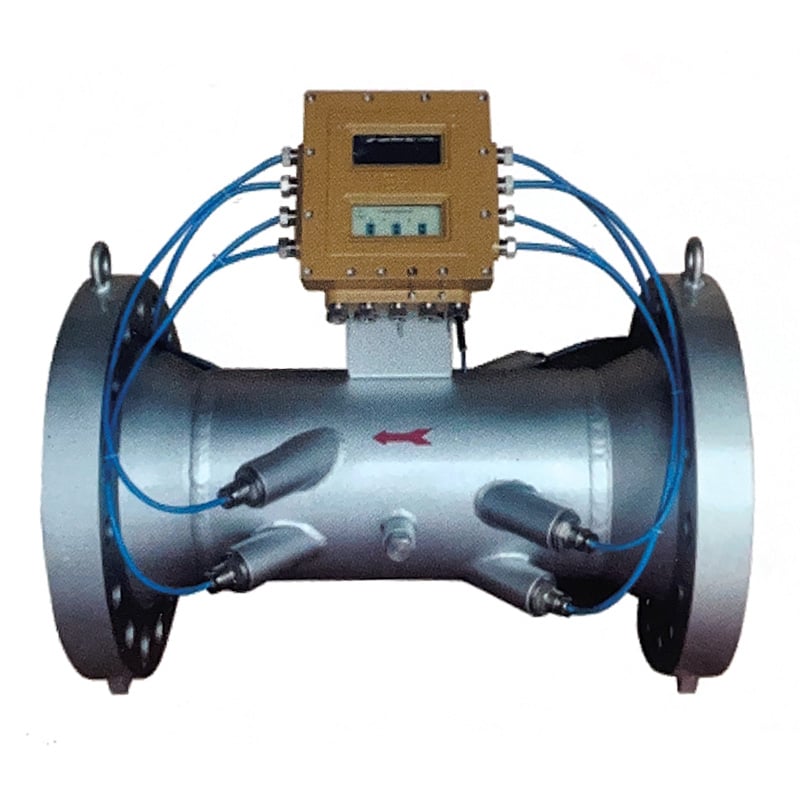
Débitmètre de gaz à ultrasons de haute précision (MTS-LYNSB)
- Haute précision pour les gaz jusqu'à ±0,5%
- Pas de pièces mobiles, pas de perte de pression, pas d'obstruction de la ligne
- Pas de lubrification ni d'entretien périodique
- La mesure n'est pas affectée par les propriétés du gaz
- Rapport de réduction large de 100:1
- Capacité bidirectionnelle
How to Choose the Right Fuel Flow Meter
Selecting the proper fuel flow meter depends on the type of fuel, flow conditions, accuracy requirements, and installation environment. Below are key factors to consider:
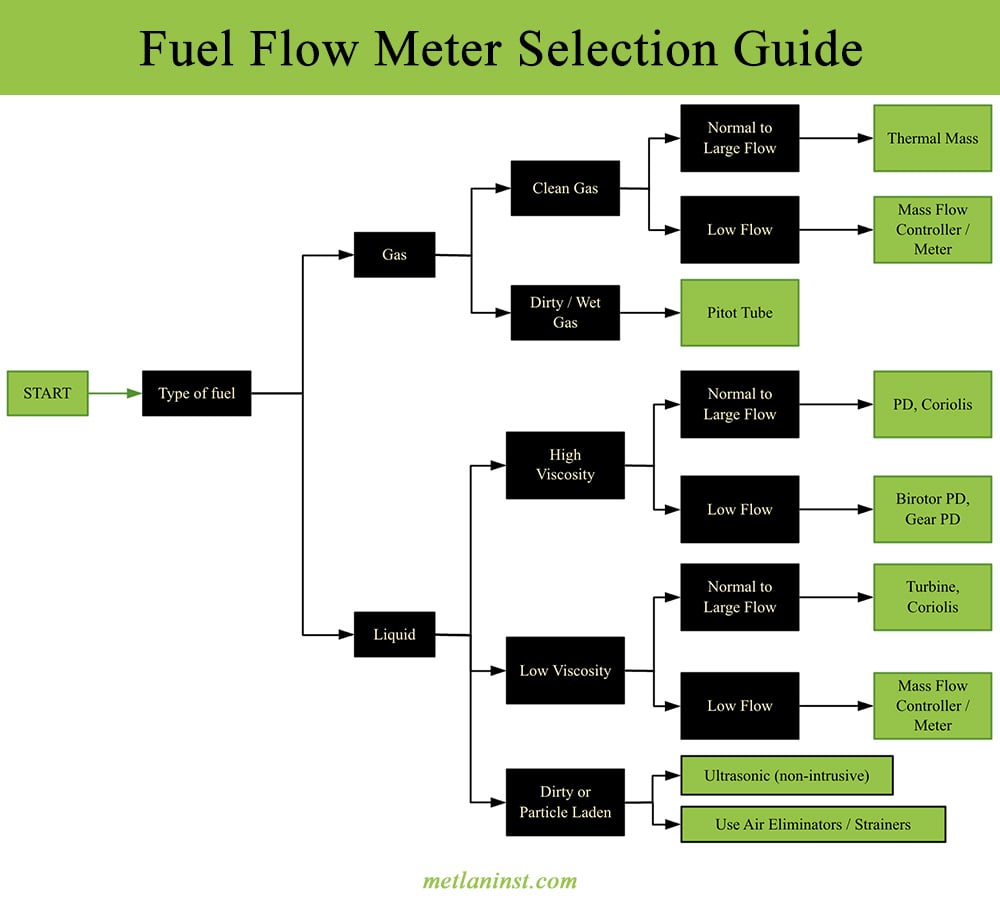
Fuel Type and Properties
Identify whether you are measuring liquid or gas fuel, its viscosity, density, and temperature range.
- For viscous liquids (diesel, oil) → choose Déplacement positif ou Coriolis meters.
- For light liquids (gasoline, kerosene) → Turbine ou Coriolis meters work well.
- For gas fuels (natural gas, hydrogen) → Masse thermique ou Ultrasons meters are preferred.
Measurement Range and Accuracy
Define the required flow range and precision level.
- Laboratory and testing setups require ±0.2% or better accuracy (Coriolis, PD).
- Industrial transfer applications may allow ±1% accuracy (Thermal Mass, Turbine).
Pressure and Temperature Conditions
High-pressure or high-temperature systems require robust sensors and materials resistant to corrosion and thermal stress. Stainless steel or specialized alloys are typically used.
Maintenance and Installation
For remote or continuous operations, select meters with peu d'entretien et digital output compatibility (e.g., 4–20 mA, RS485, or Modbus).
Clamp-on ultrasonic meters can be ideal when non-intrusive installation is required.
Cost and Lifecycle
Consider total ownership cost, not just the purchase price. A higher initial investment in a Coriolis or PD meter may yield long-term savings through accuracy, reduced downtime, and energy efficiency.
Fuel Flow Meter Selection Guide
| Selection Factor | Key Considerations | Recommended Flow Meter Types | Typical Fuel Examples |
|---|---|---|---|
| Fuel Phase | Determine whether the fuel is liquid ou gas. | – Liquid: Positive Displacement, Coriolis, Turbine – Gas: Thermal Mass, Ultrasonic | Liquid fuels: Diesel, Gasoline, Jet Fuel Gas fuels: Natural Gas, Propane, Hydrogen |
| Viscosité | High-viscosity fuels require meters that handle thick, slow-moving fluids. | – High viscosity: PD, Coriolis – Low viscosity: Turbine, Coriolis | Diesel, Heavy Oil → PD/Coriolis Gasoline, Kerosene → Turbine/Coriolis |
| Accuracy Requirement | Define precision needed for your process (e.g., testing vs. monitoring). | – High accuracy (±0.2%): Coriolis, PD – Medium (±0.5%–1%): Turbine | Engine testing → Coriolis, PD, Fuel transfer → PD/Turbine |
| Cleanliness / Particle Content | Dirty or particle-laden fuels can cause mechanical wear. | – Clean fuels: Turbine, Coriolis – Dirty fuels: Ultrasonic (non-intrusive) | Biodiesel (filtered) → PD Heavy oil with impurities → Ultrasonic |
| Budget / Lifecycle Cost | Consider total cost of ownership (accuracy, maintenance, calibration). | – Low-cost: Turbine – Mid-range: PD – Premium: Coriolis | Cost-sensitive sites → Turbine Long-term precision → Coriolis |
Applications of Fuel Flow Meters
Fuel flow meters are essential in multiple sectors:
- Automotive and Marine Engines: Real-time fuel consumption monitoring and efficiency analysis.
- Aviation: Precise jet fuel measurement for safety and performance.
- Power Generation: Monitoring fuel supply to turbines and boilers.
- Oil & Gas Industry: Custody transfer, blending, and leak detection.
- Laboratory and Research: Calibration, performance testing, and emission studies.
Accurate measurement not only improves operational efficiency but also helps meet environmental and safety regulations.
A débitmètre de carburant is more than just a measuring device—it is a critical component that ensures energy efficiency, process control, and cost management. Whether dealing with diesel, gasoline, natural gas, or hydrogen, selecting the right flow meter type can significantly impact performance and reliability.

